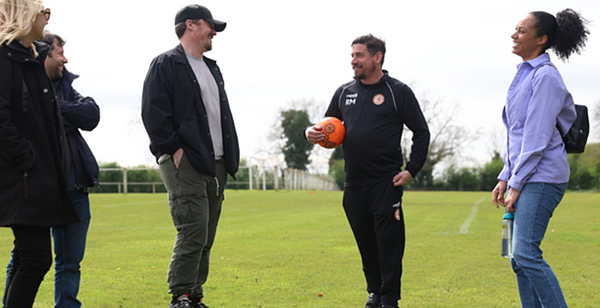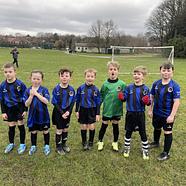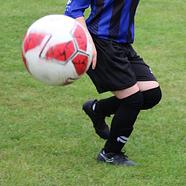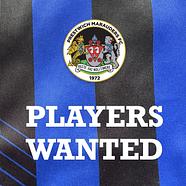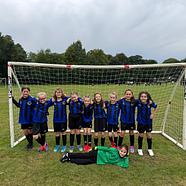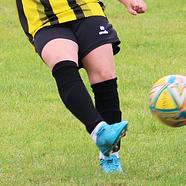Between schoolwork, hobbies, work commitments, other children, and getting your young player to training and matches on time — it’s no small task. (And yes, we’ve all been there when the shin pads or boots get left behind).
Whatever your load is, we congratulate you. We see your effort, and we say: well done.
But amidst the chaos, it’s important to pause and ask: What about safeguarding? Why does it matter — and why should you care?
Wanting the best for our children is a natural instinct. We expect them to be in a safe, fun environment that helps them thrive. But safeguarding is not just the responsibility of coaches or clubs — it’s shared by everyone:
- Coaches
- Club officials
- Governing bodies
- And you, as parents, guardians or carers.
- Understand what safeguarding means in grassroots football
- Spot when something isn’t right
- Know what to do if you have concerns.
Who we are
My name is Alexandra Morris and I am a volunteer at Prestwich Marauders Football Club and one of my roles is Safeguarding and Welfare Officer for all age groups.
My role includes:
- Making sure all our coaches are fully trained
- Ensuring they have completed FA-required DBS checks
- Supporting a club culture that follows FA safeguarding guidelines.
I work alongside our club committee — Chris Abbott, Angela Moran and Tony Howard — who share safeguarding responsibilities. Together we have policies designed to protect children and vulnerable adults from harm, neglect and bullying.
Every youth club and league affiliated with the FA must have:
- A Safeguarding Children Policy
- Clear procedures for dealing with concerns
- A named welfare officer.
When joining a club, you should:
- Ask about safeguarding: request the policy and the welfare cfficer’s contact details
- Check that coaches are DBS-checked and trained in safeguarding, first aid and coaching
- Familiarise yourself with the reporting process so you know where to go if something feels wrong.
Not all football activity is run by clubs — some are private academies or individuals. FA safeguarding guidance still applies.
When it comes to one-to-one training:
- It should never be completely one-to-one — there must always be a minimum of two qualified, DBS-checked adults present.
- Sessions should take place in open, visible spaces.
- Parents should know exactly where and when sessions are taking place.
Learn More: Free FA safeguarding course
The FA's Safeguarding Awareness for Parents and Carers course is free and takes just 25 minutes. It covers:
- Know your role – spotting poor practice or abuse and knowing how to act
- Recognise grooming – understanding how abusers operate and staying vigilant
- Make time to listen – encouraging children to talk and being ready to support them
- Support best practice – knowing what makes a club safe and how you contribute
- Raise concerns – learning how to report if something doesn’t feel right.
This is one of the simplest but most powerful ways to help keep your child safe.
What you can expect from our coaches
Our coaches are all volunteers who:
- Agree to our Club Code of Conduct
- Keep their qualifications and DBS checks up to date
- Always work in pairs or groups — never alone with a child
- Do not offer or refer private training
- Respect GDPR and protect your personal data
Parents set the tone at matches. We ask you to:
- Encourage effort and teamwork — not just results
- Respect referees and opposition teams
- Avoid shouting instructions that contradict the coach
- Remember: children learn best in a positive, supportive environment.
How to report concerns
If you have any concerns about safeguarding email the welfare officer or speak to any committee member for support.
You can also contact:
- County FA Welfare Officer
- FA Safeguarding Team
- NSPCC Helpline: 0808 800 5000
- Childline (for children): 0800 1111
Together, we make football safe
Safeguarding isn’t just a policy — it’s a culture we create together.
By staying informed, asking questions, and speaking up when something doesn’t feel right, you’re helping make football a safe, inclusive and enjoyable experience for every child.
Alex

